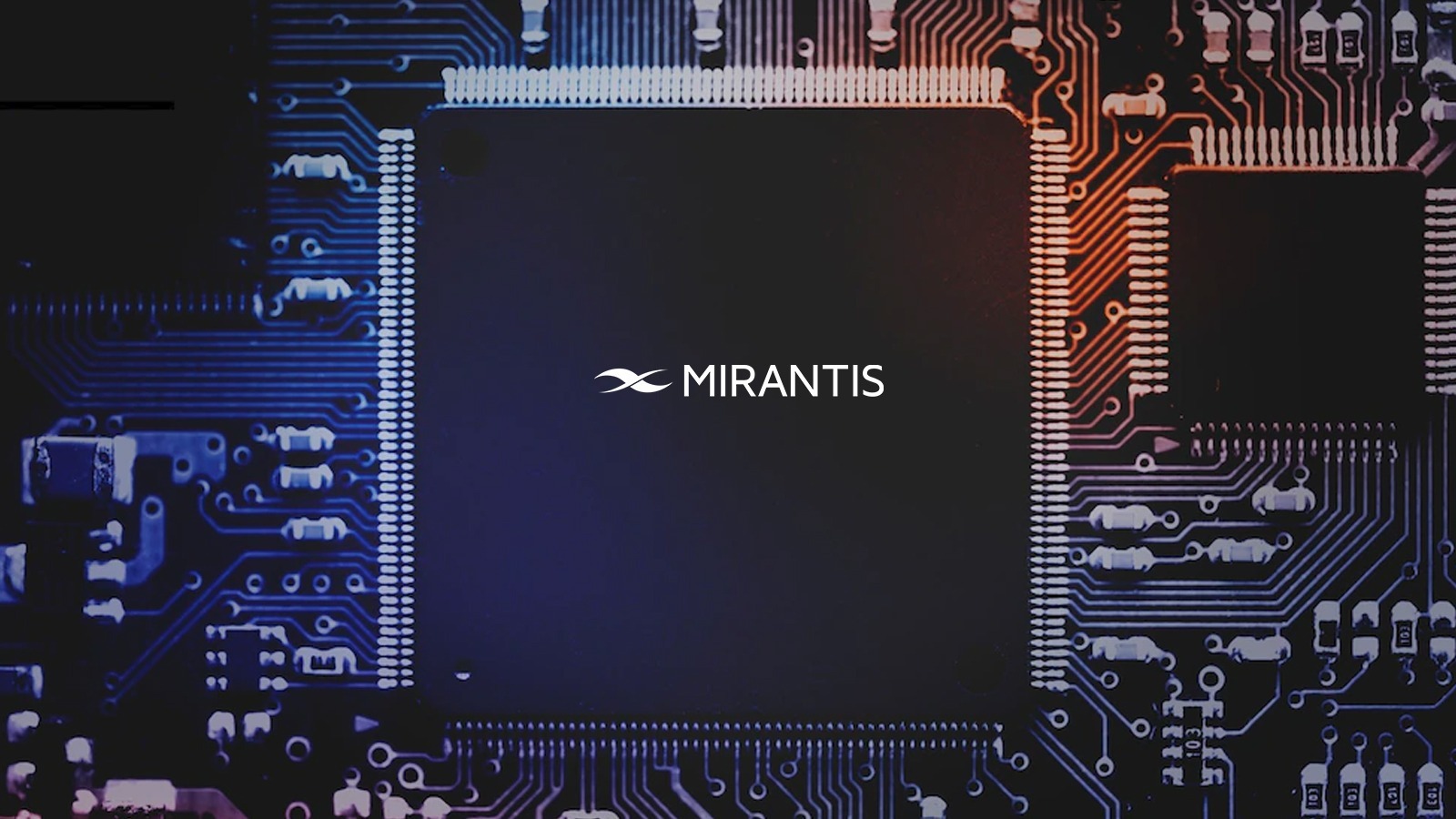Mirantis is ending 2022 with a bang. The company has increased the number of virtual machines running with Mirantis OpenStack for Kubernetes (MOSK), its cloud infrastructure platform, tenfold. It is true that the market is experiencing a period of sustained growth, driven by the increasing adoption of microservices architectures to manage and scale applications, the generalization of distributed and cloud-native systems as well as the need for more flexibility. As the use of containers becomes more widespread, companies are deploying container orchestration platforms, which help manage and scale containerized workloads.
The most notable change in 22.5 is the move away from OpenStack Victoria and the adoption of Yoga, the cloud-based operating system that controls large sets of compute, storage, and layout resources. network in data centers, all managed by a dashboard that gives administrators complete visibility while allowing their users to provision resources through a web interface. So, Starting from version 22.5, MOSK deploys all new clouds on OpenStack Yoga by default.
This integration has benefited from user feedback. When the previous version of MOSK was released, Mirantis encouraged its users to preview Yoga, the next OpenStack LTS (long term support). “Shortly after, we received valuable feedback which allowed us to refine it and we are happy to announce that OpenStack Yoga is now available for all MOSK customers and will be supported for 2 years”. For existing deployments using OpenStack Victoria, Mirantis offers an upgrade procedure.
File sharing as a service
With the implementation of support for file sharing as a service, MOSK 22.5 introduces Shared Filesystems-aaS based on OpenStack Manila. It now provides compatibility with previous generation workloads. Indeed, cloud-ready applications use S3-compatible object storage to reliably store large amounts of data and share it with others. However, it is common for previously developed enterprise applications to exchange data using file shares hosted on Network Attached Storage (NAS) servers. The new version allows users to integrate such workloads into the cloud without rewriting them.
In fact, the block storage API, version 2.0, has been superseded by version 3.0, which remains compatible with the previous version. It allows cloud users to provision file shares on the fly and mount them on OpenStack VMs using common protocols, such as NFS or CIFS/SMB. The Shared Filesystems service technical preview comes with a default backend (generic driver) which may not be sufficient for production, but allows to evaluate its functionality with a standard MOSK cloud based on Open vSwitch which has no external storage attached.
We wish to thank the writer of this short article for this incredible content
Mirantis updates OpenStack for Kubernetes which now supports Yoga and a new shared file system – IT SOCIAL
Discover our social media profiles , as well as the other related pageshttps://nimblespirit.com/related-pages/


